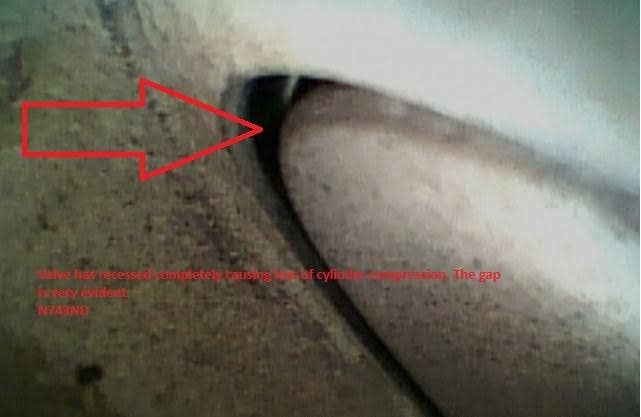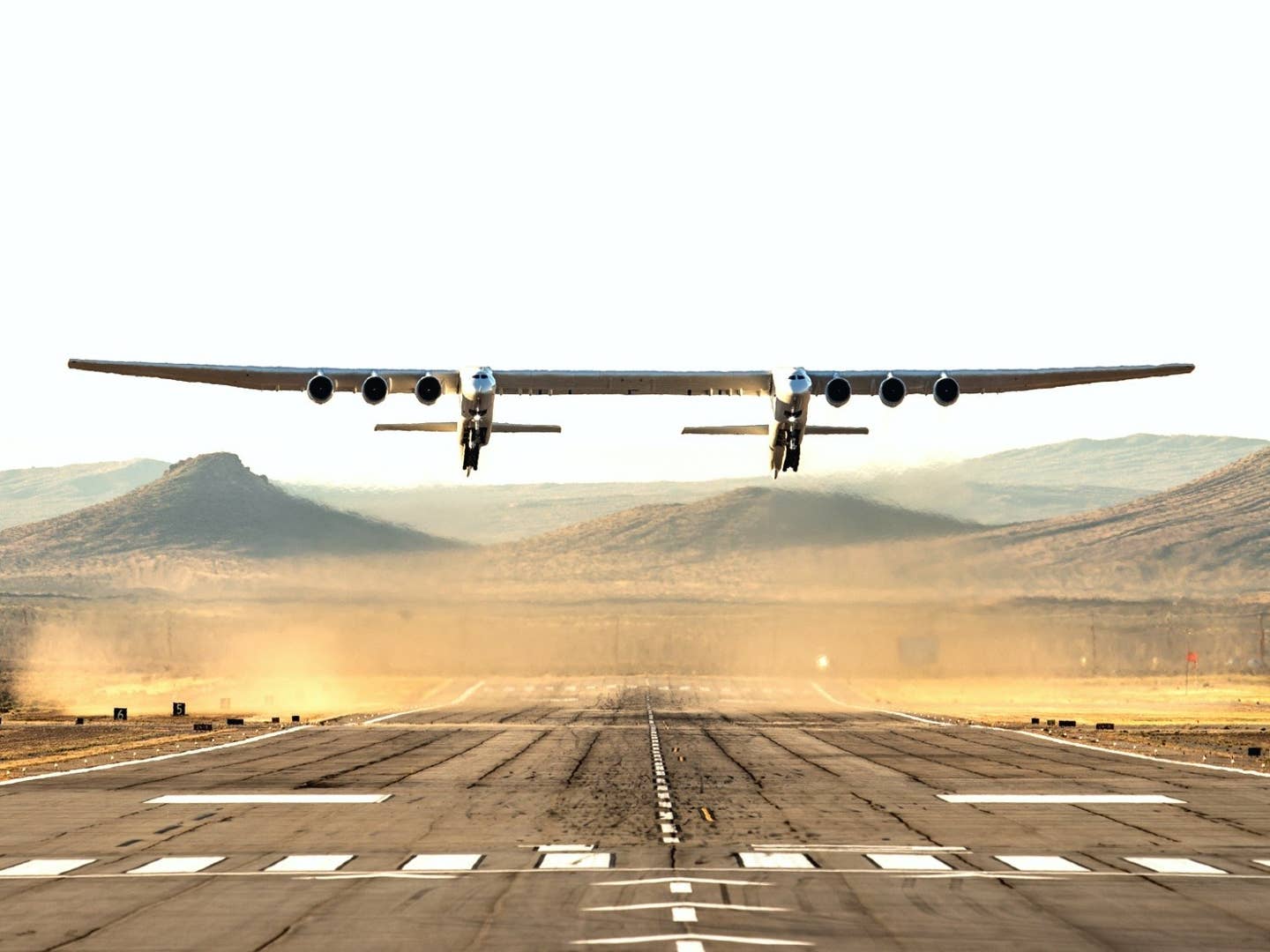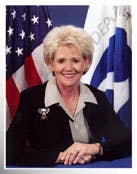MIT Sets Its Mind(s) To Roadable Aircraft
A trio of Massachusetts Institute of Technology grads is determined to create something that has so far eluded both the aviation and automotive industry and their idea seems to be carrying a fair bit of weight in academic circles. An outside panel of scientists and technologists have awarded Carl Dietrich the $30,000 Lemelson-MIT Student Prize for, among other inventions (like a desktop fusion reactor and a lower-cost rocket engine), a “flying SUV” he calls Transition. And with help from fellow brainiacs Samuel Schweighart and Anna Mracek, the apparently undisputed genius has formed a company called Terrafugia (terra means earth, fugia means escape) and hopes to have something to show us at this year’s EAA AirVenture in Oshkosh.
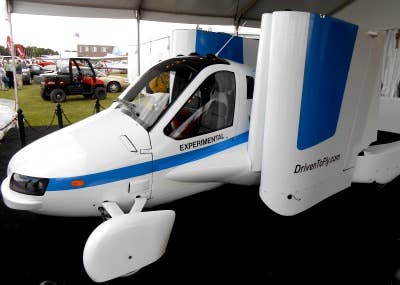
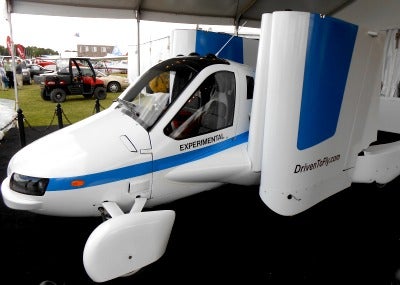 A trio of Massachusetts Institute of Technology grads is determined to create something that has so far eluded both the aviation and automotive industry and their idea seems to be carrying a fair bit of weight in academic circles. An outside panel of scientists and technologists have awarded Carl Dietrich the $30,000 Lemelson-MIT Student Prize for, among other inventions (like a desktop fusion reactor and a lower-cost rocket engine), a "flying SUV" he calls Transition. And with help from fellow brainiacs Samuel Schweighart and Anna Mracek, the apparently undisputed genius has formed a company called Terrafugia (terra means earth, fugia means escape) and hopes to have something to show us at this year's EAA AirVenture in Oshkosh. All three members of the team are pilots and admit to some self-indulgence in their choice of school projects. "We want this thing as soon as possible, because we want to use it," Mracek told the MIT publication The Tech. And the trio is only a little modest about the impact its craft might have. "We're not going for a radical transformation to just throw society into 'The Jetsons,'" said Mracek. "[But] if this is the commercial reality we think it can be, changes will occur in the world."
A trio of Massachusetts Institute of Technology grads is determined to create something that has so far eluded both the aviation and automotive industry and their idea seems to be carrying a fair bit of weight in academic circles. An outside panel of scientists and technologists have awarded Carl Dietrich the $30,000 Lemelson-MIT Student Prize for, among other inventions (like a desktop fusion reactor and a lower-cost rocket engine), a "flying SUV" he calls Transition. And with help from fellow brainiacs Samuel Schweighart and Anna Mracek, the apparently undisputed genius has formed a company called Terrafugia (terra means earth, fugia means escape) and hopes to have something to show us at this year's EAA AirVenture in Oshkosh. All three members of the team are pilots and admit to some self-indulgence in their choice of school projects. "We want this thing as soon as possible, because we want to use it," Mracek told the MIT publication The Tech. And the trio is only a little modest about the impact its craft might have. "We're not going for a radical transformation to just throw society into 'The Jetsons,'" said Mracek. "[But] if this is the commercial reality we think it can be, changes will occur in the world."

